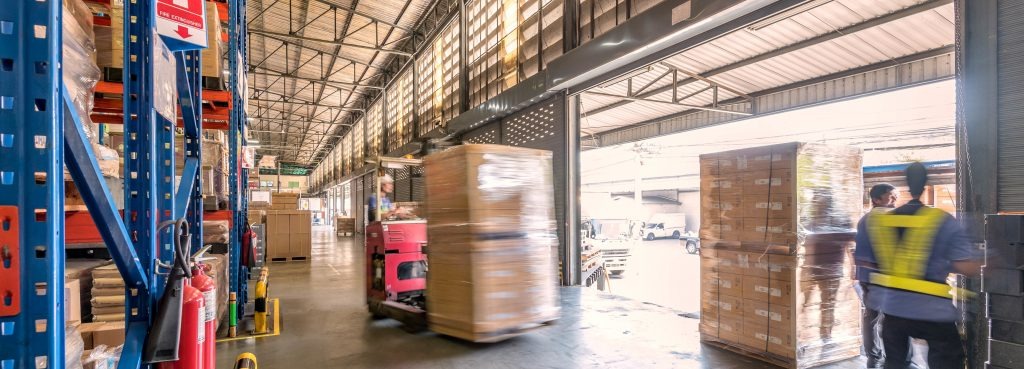Lithium vs. Advanced Lead: Which Should You Choose?

The forklift world is abuzz about lithium batteries and for good reason. With up to four times the energy density of lead and no need for periodic watering, you get more power in an easier to maintain package. Lead batteries can’t compete then, right? Not so fast.
First, consider that lead technology has advanced a lot in the last couple of decades:
- Tubular batteries were introduced with 10-20% higher energy density
- Low maintenance batteries were developed, pushing watering intervals from weekly to quarterly
- Lower resistance fast charge batteries were added, allowing charge rates to triple
- Smart chargers were invented to optimize charge output based on real-time battery feedback
- Air-gapped batteries were constructed with improved thermal performance to deliver power consistently in heavy-duty applications
The net effect of these advances is that lead batteries can meet the needs of most heavy-duty fleets. So how do you choose the right battery for your application? There are five major criteria to consider:
Runtime & Energy Usage
How hard does the vehicle work on its busiest day in terms of hours operated and energy used? Lead can deliver 200% of its effective capacity per day, while lithium can deliver 300%. Due to the severity of the daily energy requirements, 24/7 three-shift operations will generally require either lithium or advanced lead technology. Two-shift operations will largely be fine with standard lead technology.
Energy Throughput Rate
Operations moving and lifting heavier goods will consume energy at higher rates. The forklift’s instantaneous energy requirements can stress standard lead batteries, leading to overheating and ultimately reduced lifetimes. As such, advanced lead and lithium batteries are good options for these applications.
Lifetime
Lithium batteries last twice as long as lead batteries, which can be advantageous for companies that purchase them. But for the many users who lease their equipment for 4-5 years, a lead battery’s lifetime will be sufficient.
Maintenance
Most forklifts undergo quarterly maintenance, during which a low-maintenance lead battery can be watered. If no maintenance operation is desired, lithium is an option.
Cost Performance
Only after narrowing down the battery options based on the above operational criteria should cost come into the equation. Customers who are leasing should consider the Cost of Ownership (COO), while those who are purchasing batteries should look at Return on Investment (ROI) calculations to determine the best value option.
lee chunquoffers standard and advanced lead batteries, lithium batteries and a full line of conventional and smart chargers. Contact us to learn more about how we can help you determine the best fit motive power system for your fleet.